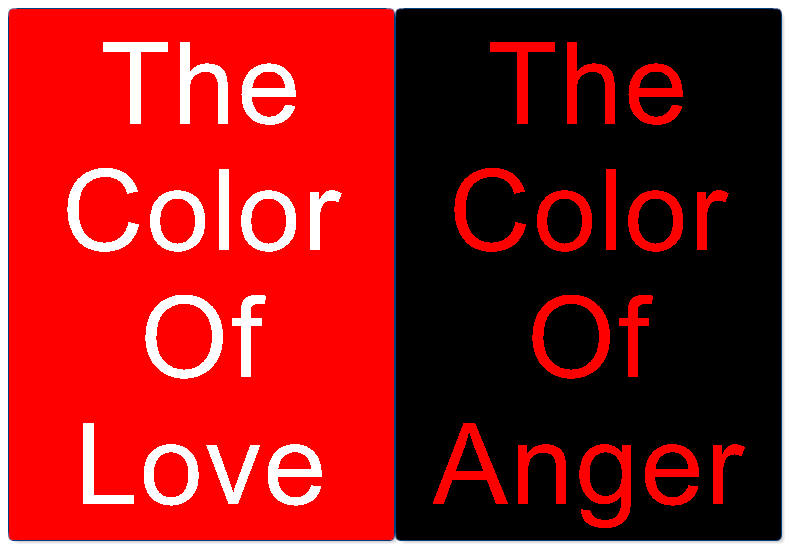By Periyava
Translation from Tamil by V. Krishnaraj
கோபம் கொள்ளத் தகுதி ஏது? : தெய்வத்தின் குரல் (முதல் பகுதி)
Are we justified to become angry? Deivathin Kural
http://www.kamakoti.org/tamil/part1kural59.htm
We get angry at the wrongdoer. Are we free of wrongdoing? When we hate a person as a sinner, we should know we are not guilty of that wrongdoing. If not by deed, we must have done it by thought. We are guilty of misconduct and sins. There are people worse than us. Since our mind is mature to a certain degree, we stopped committing more sins. Since the other man has not matured yet in his mind, he does worse or more sins. How much effort we really put in to rectify our past wrongdoings? It is a difficult task for the worse and the habitual sinners. There is no need for us to associate with him. Many Sastras tell that for improving and restoring Ātma to its pristine state, we should leave for good the Asat Saṅgam and join Sat Saṅgam (leave the bad company and join the good company). It serves no purpose either to hate or to become angry with the sinners. We need to pray for the sinner’s soul and his change to a path of virtue. If anyone has received God’s blessings, he should use that power to rescue the sinners from their predicament.
Our anger does not transform the adversary. The result is making him angrier. Hatred grows on both sides. There is no pride to use fear to change a person. It is not enduring. The better part is he changes on his own volition acknowledging and realizing his wrongdoing. Reforming a person by love brings pride. That is enduring.

The wily will of the mind and opportunity are two causes of sinning by a person. Circumstances may have tied us down from allowing us to commit many sins. Upon seeing the sinner, we should offer prayers to Ambika saying, ‘Ambika, I might have committed this sin. But by not giving me the opportunity, you extended your grace. Amma (Mother), I am pleading with you to offer him the same grace.’ That should be your worship.
Second, we need not get angry because someone hates us. Our mind knows how much deserving of hate we are. It is possible the hater may accuse us of wrongdoing we did not commit. We know in the inner recess of our minds we committed more serious transgressions. We are in a pitiful teary state every day before Ambal begging her to wash off our sins. Being in that pathetic state, where is the justice for us to find fault with others and get angry with them?
Can we get angry with others, assuming we did no wrong? In that pristine state, we would be Love Galore. Then, we will have compassion to the sinner and nothing else. Anger will not rise. If we are accused of wrongdoing, we will not be angry to the accuser. In the state of absent wrongdoing, we realize it is only Ambal’s Līlai (Divine act). In that state, whom do we hate? Anyway, we should never entertain anger.
Krishna paramātmā says Desire and Anger are two great Sakthis that drown man in depths of sin. Why should we self-inflict harm to ourselves because of our anger? The opponent mostly ignores our anger. Impatience harms our body and mind. Man’s natural Dharma is to show love. That is bliss. Love is bliss for us and the adversary. Love is Sivam. We should all exert great effort to abide in Love is Sivam.